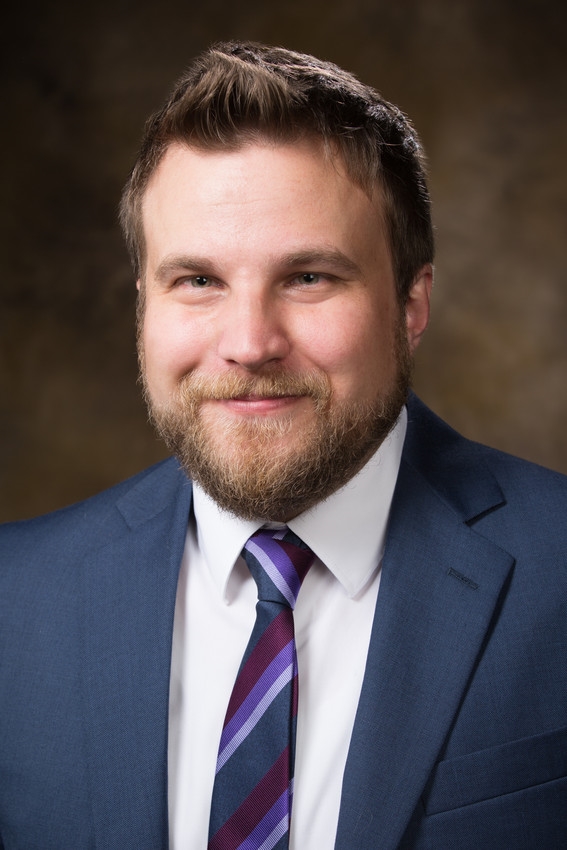Kyle Quinn, assistant professor of biomedical engineering, has received approximately $140,000 to study the role that spinal cord injuries play in skin wound healing. The program is funded by the Department of Defense to help improve outcomes for wounded soldiers.
The research is part of a larger collaborative project with researchers from Rutgers University-New Brunswick and Yale University designed to investigate how spinal cord injuries impact blood flow and impair wound healing.
The overall project goal, Quinn said, is to develop new treatments aimed at restoring blood flow and use advanced imaging techniques to evaluate their efficacy.
The project comes as part of the Department of Defense's 2016 Spinal Cord Injury Research Program, which was created to support research into regenerating and repairing damaged spinal cords and improving rehabilitation therapies, which are "serious and complex neurotraumatic wounds affecting military service members serving in Iraq and Afghanistan," according to the program's website.
The team's research will focus on pressure sores, known colloquially as bed sores, which affect people with spinal cord injuries at disproportionately high rates.
Pressure sores occur when blood flow is cut off by pressure and lack of movement, causing skin to die and creating the possibility the skin could break and become infected.
Quinn's research will focus on measuring naturally fluorescent molecules present in our cells to understand their metabolism, which can be affected by changes in blood supply to tissues. That information, Quinn said, could help researchers and clinicians understand which treatments are working to restore blood flow and heal pressure ulcers.
Quinn's detection methods are non-invasive and do not require tissue biopsies or the injection of contrast agents into the blood. Therefore, their measurements could potentially be obtained in a clinic without the need to send samples to a lab for analysis.
Being able to quantify changes to blood supply in tissue quickly would improve outcomes for patients.
"If we can measure how well different therapies are working, we can help guide wound care over time," Quinn said.
Research into pressure sore treatments is important, Quinn said, because pressure sores don't heal naturally over time.
"Non-healing wounds are a deadly problem," Quinn said. "They don't heal without intervention, and they disproportionately affect people with spinal cord injuries. These open wounds are prone to infection, which can lead to amputation or death."
"I am excited at the collaborative efforts that Dr. Quinn has initiated to address critical health concerns that impact our veterans," said Raj Rao, professor and head of the department of biomedical engineering. "His timely research involving non-invasive imaging methods has enormous potential for drastically improving treatment outcomes."
Topics
Contacts
Kyle Quinn, assistant professor
Biomedical Engineering
479-575-5364, kpquinn@uark.edu
Nick DeMoss, director of communications
College of Engineering
479-575-5697, ndemoss@uark.edu
